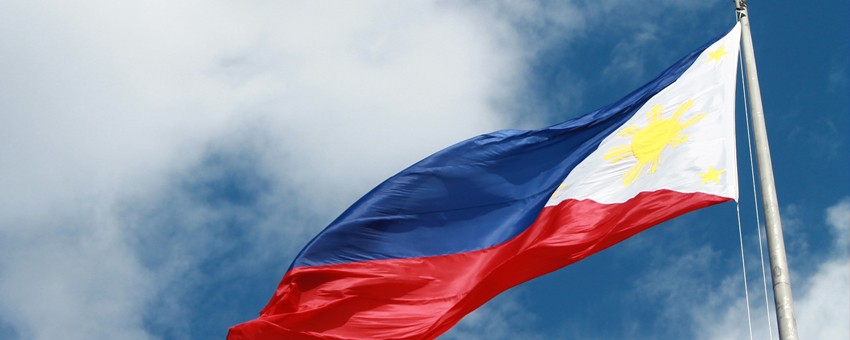
The Philippines will most likely retain its trade privilege with the European Union, as the economic bloc reportedly found improvements in the country’s human-rights situation.
Trade Undersecretary Ceferino S. Rodolfo Jr. said the EU mission tasked to deliberate on the country’s General System of Preferences Plus (GSP+) took note of strides made by the Philippines in terms of adhering to human-rights standards. With this, he expressed confidence the EU will allow the country to keep its GSP+ status.
“What we did during the mission was really technical. That is how our engagement with the EU is. [It is] very technical, [it deals with] numbers, we bring them to the community for them to see [who benefits from the GSP+]. Plus and minus, they see [the beneficiaries], then it is up to them to decide,” Rodolfo said in a mix of English
and Filipino.
“So far, our engagement is in good standing. We are hopeful [the GSP+ will be retained],” he added in a recent interview.
The GSP+ allows the Philippines to export duty-free 6,274 products to Europe. In return, the country should implement 27 international conventions on labor welfare, human rights, good governance and environmental protection to keep this preferential market access.
EU Ambassador to the Philippines Franz Jessen in January had claimed “an estimated P120 billion worth of exports were benefiting from GSP+ trade preferences, especially in the food and agricultural sector.”
Jessen added, “This makes the EU the Philippines’s second-largest export partner after Japan and before the United States and China. As part of the Philippines’s commitment under GSP+, the EU and the Philippines have an ongoing dialogue on the implementation of 27 international conventions on human and labor rights, the environment and good governance.”
Manila’s trade privilege, however, was imperiled due to the alleged extrajudicial killings under President Duterte’s watch. The thousands of lives that were claimed under the President’s war on drugs put on trial during the 2017 review the country’s compliance with human rights conventions.
This year was a different year for the Philippines, Rodolfo pointed out. He said several strides made by the country on human rights were noted by the EU mission.
“In our exit interview, there were of course issues that were raised. Nonetheless, the overall review was a success. The same issues [were asked]. The good thing is that there is continuous discussion, and if there were improvements made, the EU mission looks into those,” Rodolfo explained.
One of the developments that could boost the Philippines’s chances of retaining its GSP+ status is its election to the United Nations Human Rights Council, which was opposed by human-rights watchdogs here and abroad.
The country in October garnered 165 nods out of 192 votes cast by UN member-states. With the election, Manila gets to serve in the 47-member Geneva-based council for another three years from 2019 to 2021.